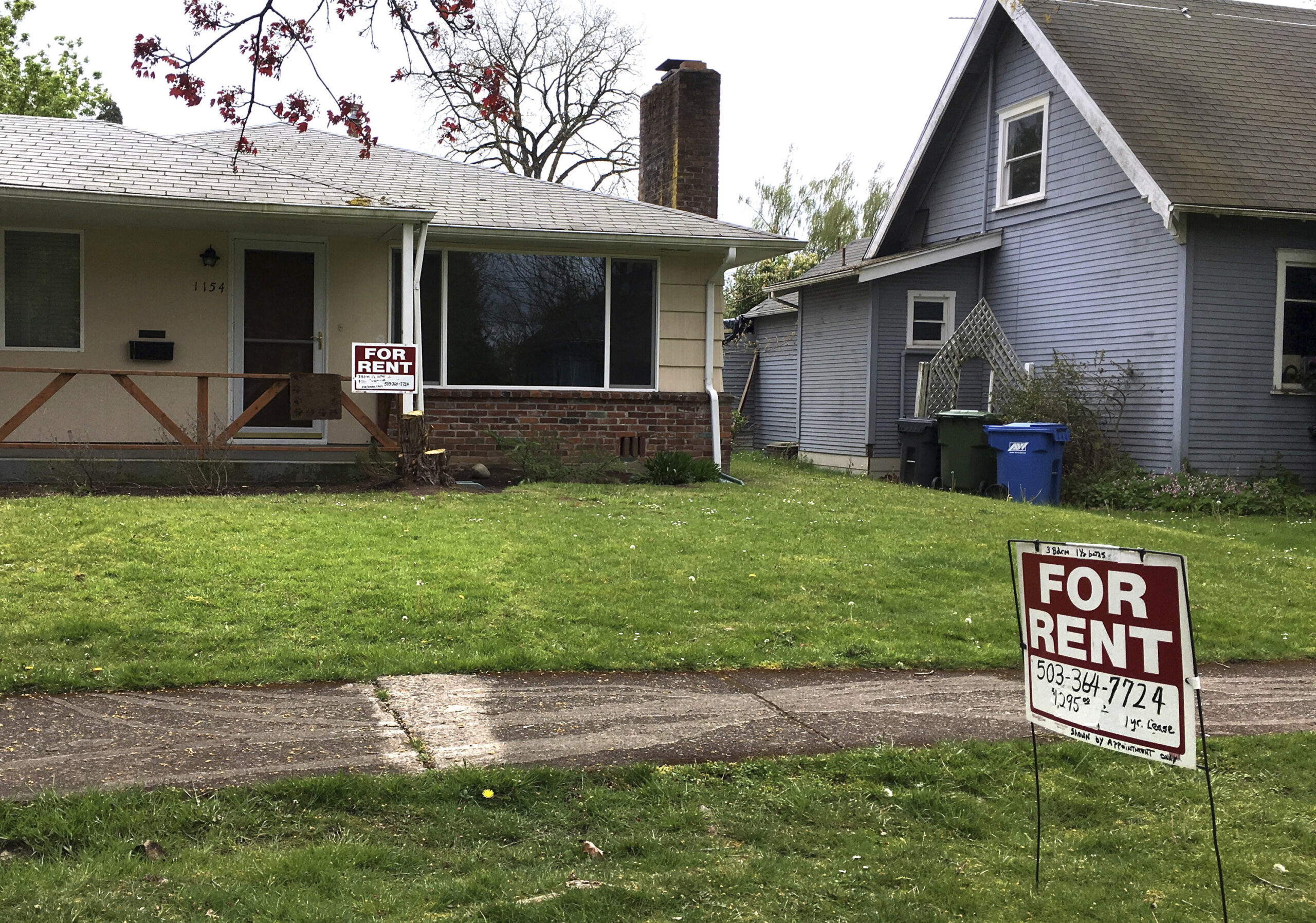The start of April means rent is due for a lot of tenants. This is as many have lost their jobs or had their hours cut because of the COVID-19 virus.
Organizations that provide assistance around metro Atlanta are bracing for the growing need that the month will bring.
St. Vincent De Paul Georgia provides emergency assistance to families in non-pandemic times. Since the coronavirus outbreak, CEO John Berry said the organization has seen calls increase by 1,500.
But, Berry said, most have been about food assistance, not rent. He suspects that many have still been trying to deal with the most immediate needs as the first of the month approached.
Now that April has arrived, Berry said he’s sure the requests for rent assistance will increase.
“By the end of this week, we expect to see a huge spike,” he said.
He said the requests likely will keep rising, too.
Eviction hearings continue to be on hold in Fulton, DeKalb and other metro Atlanta counties. That is the result of a judicial emergency that lasts at least until April 14.
As part of the stimulus deal, Congress also approved a 160-day moratorium on all evictions in properties with federally-backed loans.
Berry said this means some tenants may wait to pay their rent in the upcoming weeks as they make sure their families can simply eat. That would increase the amount of rent due once evictions resume.
To help cover those rent and mortgage payments, St Vincent De Paul Georgia has received a $150,000 grant from the United Way of Greater Atlanta’s fund responding to the COVID-19 virus.
For 20 years, the United Way has operated a 24-hour informational line, called 2-1-1, that connects callers to agencies that help people directly.
Donna Burnham, vice president of 2-1-1, said there likely won’t be enough funding for all of the families who will ultimately need it.
She said their call load related to rent and mortgage challenges has already tripled from March of last year—to more than 3,800 for the past month.
“Even when there’s not a pandemic, basic assistance in assisting the needs of the community is a challenge,” she said.
The outsized need is why, as rent bills increasingly become a challenge, some advocates around metro Atlanta are seeking other solutions than philanthropic help.
The Housing Justice League has started an emergency hotline of its own for those facing issues with their landlords or imminent evictions.
Natalie McLaughlin said the first day the hotline was up and running they received 30 calls.
She said her group is not just connecting tenants to resources but helping them write letters to their landlords and potentially organize during the virus outbreak.
“We need a structural, broad solution for them,” McLaughlin said.








